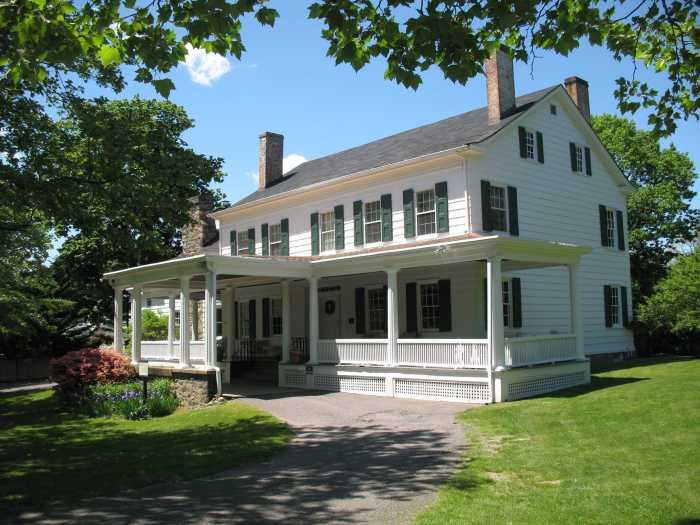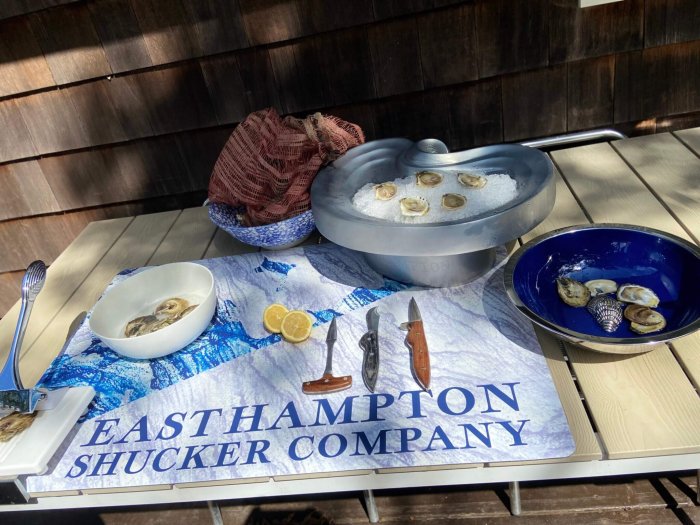The Jones/Floyd-Jones family included several political and business members who played important parts in New York and American history. The Jones branch provided two women whose unique contributions to society deserve to be highlighted. This article will highlight Rosalie Gardiner Jones. A subsequent article will profile her niece, Mary Gardiner Jones.
Rosalie Gardiner Jones was born in Cold Spring Harbor in 1883. Her great grandfather John Jones, had sold his property in Massapequa (then called West Neck) in the early 1800s and had moved to Cold Spring Harbor. Most of the Jones family members also settled there, while the Floyd-Joneses remained in the Massapequa area. Rosalie was educated in local public schools and then attended Adelphi College. She subsequently received a law degree from Brooklyn Law School and eventually studied at several schools in Washington, D.C., becoming the first woman to receive a Doctorate of Civil Law from American University in 1922.
Her academic achievements were significant, but more important were her activities on behalf of women’s suffrage. This had become a hot button issue by the early 1900s and she embraced it wholeheartedly, bringing it literally into the open by holding public meetings and demonstrations, in contrast to the more private meetings held by small groups and within political organizations. Notably, she toured Long Island in 1912 in a ‘Votes for Women’ wagon. That same year, she led a march from New York City to Albany. Her mother Mary, who was a member of the New York Anti-Suffrage Association, disapproved strongly and even sent a male nurse to care for her feet and to bring her home from her march to Albany. Rosalie informed him that she felt fine and that he could tell that to her mother. She led another march from Newark to Washington in 1913, timing it to coincide with Woodrow Wilson’s inauguration, and was one of the organizers of a pro-suffrage demonstration held in Washington the day before the inauguration. For leading these and other marches, she gained the title “General Jones.” She was also Nassau County President of the National Woman Suffrage Association. While it is difficult to gauge her influence in the suffrage movement, her efforts were obviously successful, as the Nineteenth Amendment, granting women the right to vote in national elections, was passed by both houses of Congress in 1919 and ratified by 36 states in 1920.
Rosalie Jones was considered eccentric by several contemporaries and by historians who have researched her life. She married Clarence Dill, a Senator from Washington, in 1927, removing the word “obey” from the marriage vows and objecting to the provision that she was “to be given away,” since she married him of her own free will. She divorced him in 1936, accusing him of cowardice for not running for a third term. He, in turn, complained about her off-handed public remarks, her scandalous clothing, her penchant for repairing automobiles in public and her habit of burying pets and garbage (she claimed she was composting) in her back yard.
After they divorced, she returned to Cold Spring Harbor and spent the rest of her life managing the Jones family’s estate, which included property at Eaton’s Neck, Asharoken and Laurel Hollow, as well as in Cold Spring Harbor. She raised goats, drove them in her car, and let them wander around her house and on her neighbors’ property. She upset neighbors by erecting shacks on her family’s property at Eaton’s Neck Beach for low income tenants and charging them rent. She also fought Robert Moses (unsuccessfully) when he took parts of her family property for public parkland, using English Common Law to challenge his use of eminent domain to take private property for public purposes. In all, she used her formal education as well as her formidable energy and determination to promote causes she considered important.
Rosalie died in 1978 and her ashes were scattered in front of the Jones family vault in a small and obscure cemetery on a hill above St. John’s Episcopal Church in Cold Spring Harbor. A stone was later placed there in her memory. The last previous burial was in 1905 and the cemetery was considered inactive. Perhaps she wanted to demonstrate both her Jones background and her independence one final time.
Rosalie Jones is one of many important Long Island women, a subject that has received far too little attention from historians. An excellent book on this topic is the recently released Women in Long Island’s Past. A History of Eminent Ladies and Everyday Lives by Dr. Natalie Naylor, which includes a chapter on women’s suffrage. Further details on Rosalie and her mother can be found in an article by Judith Ader Spinzia, “Women of Long Island: Mary Elizabeth Jones, Rosalie Gardiner Jones,” in The Freeholder 11 (Spring 2007), 3-7.
































